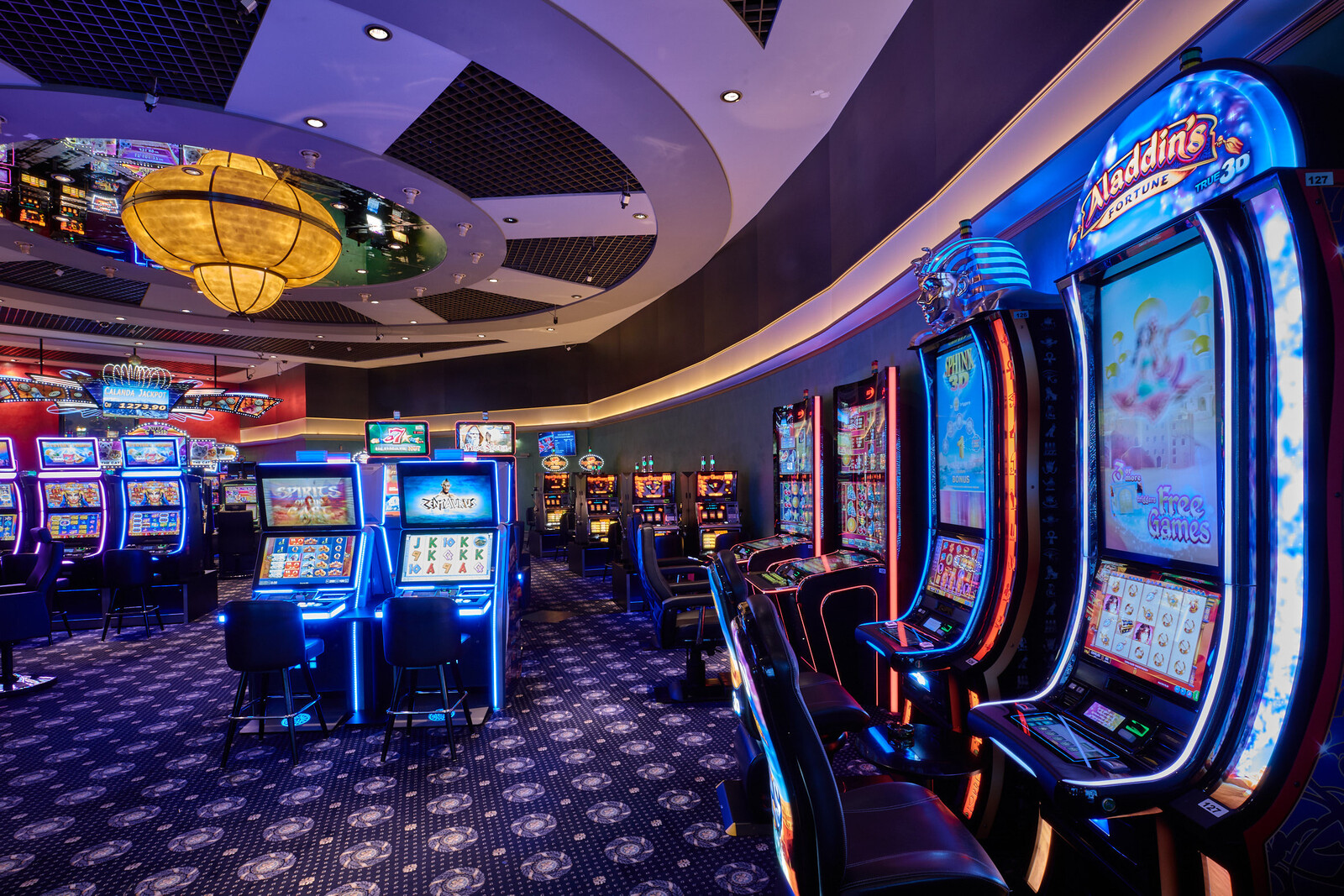
Gambling games have consistently attracted a diverse audience, providing not only the excitement of risk but also a distinct experience designed for different player types. Including analytical thinkers who excel at calculation and skill to the casual players seeking entertainment, casinos are aware of the subtleties of their audience and develop games that meet these diverse interests.
In delving into the world of casino games, we discover a diverse array of choices that attract every kind of player. Poker tables with high stakes entice competitive individuals, while vibrant slot machines attract those seeking immediate satisfaction. Whether it’s the chance to win big or simply savoring the social environment, casinos tailor their game offerings to ensure that everyone finds a spot where they feel comfortable and engaged. Comprehending how these games are designed for diverse types of players can enhance not only our appreciation of them but also how we approach selecting which games to play.
Grasping Player Types
In the multifaceted world of casino games, gamers can be classified into specific categories based on their drives and likings. These participant categories range from the laid-back and communal gamers, who enjoy the fun value and interactive connections that gambling provides, to the more analytical and methodical players, who seek to increase their odds and profits. Comprehending these distinct kinds is essential for casinos to customize their offerings and build engaging settings.
One common type is the social player, who views casino games as a form of social interaction and enjoyment rather than a solemn gambling activity. These gamers often enjoy games that encourage engagement and togetherness, such as poker. Their focus is on the experience rather than the result, so vibrant atmospheres and mutual moments are what they hold dear the most.
On the other end of the scale, competitive players are motivated by contest and the search of skill. They tend to lean toward games that require tactical planning and strategy, such as strategic card games, where their competencies can determine the conclusion. This type often interacts with the games on a more intense level, utilizing insight and tactics to gain an edge. Comprehending these drives allows casinos to create settings and game selections that address to each gamer’s individual preferences.
Strategies for Game Design
Gambling games are created with varied player types in mind, employing multiple strategies to draw in and capture them. For casual players, the focus is on ease and ease of understanding. Games like slot machines are often aesthetically pleasing with straightforward mechanics. This enables players to enjoy the experience without a difficult learning curve, fostering an welcoming atmosphere. The vibrant hues, catchy sounds, and themes create a fun environment where players can easily get immersed and entertained.
For strategic players who enjoy a more profound level of engagement, games such as Texas Hold’em and blackjack offer complexity and skill-based elements. These games incorporate strategy and tactical choices, attracting to players who excel on competition and want to utilize their mental skills. The design of these games often includes complex rules and mechanics that challenge players to hone their skills and develop strategies over time, resulting in a rewarding experience for those who enjoy mastering the game.
Moreover, social players are catered to through games that emphasize interaction and community. This comprises live casino options and multiplayer games, which foster a sense of camaraderie among players. The design of these games often includes chat features and social elements, allowing players to interact and exchange insights. By creating an environment where participation is promoted, casinos can effectively involve social players, making the gaming adventure more enjoyable and unforgettable.
Boosting Gamer Satisfaction
Gambling options have advanced significantly to offer a more engaging environment for gamers. Application designers focus on stunning images, rich soundscapes, and innovative game mechanics that pull players into the casino atmosphere. By utilizing digital advancements, such as immersive technology and augmented reality, betting houses ensure that gamers feel as if they are part of a dynamic experience, enhancing in addition to the fun of the games but also the complete satisfaction of being in a gambling venue.
Social interaction is another key element in boosting player engagement in casino titles. Many titles are designed to facilitate interaction among gamers, whether through team play or social tools. This community feature appeals to gamers who like interacting with fellow players while competing, promoting a feeling of community. In addition, social features can consist of scoreboards, contests, and incentives for collaborative gaming, which capture competitive gamers and motivate them to return for more.
In conclusion, customization plays a pivotal role in customizing the experience for diverse gamer demographics. Betting companies and software designers analyze gamer activities and likes to provide tailored game options and benefits. By understanding the individual preferences of gamers, casinos can offer tailored offers, incentives, and fresh games that satisfy each gamer, thus improving their total enjoyment and commitment to the betting establishment. new casinos not on GamStop